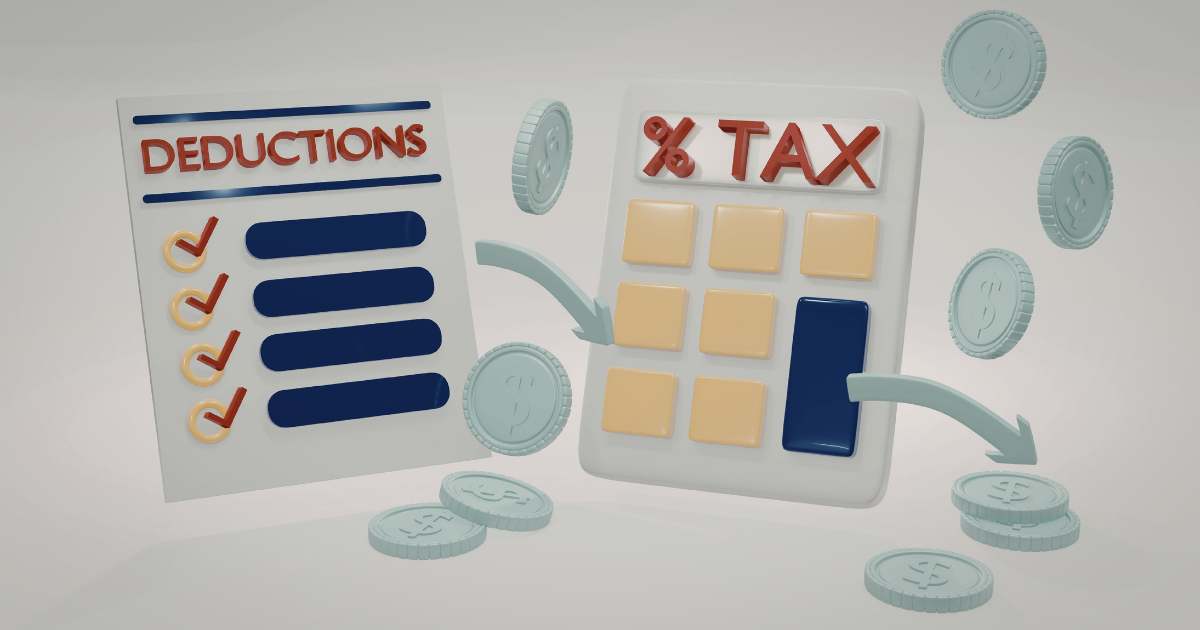
If a serious accident occurs in the workplace, employees are entitled to claim compensation for occupational injuries and diseases. This is a process that all employers and employees should be aware of. As an employer, it’s your responsibility to provide a safe and compliant workplace. You also need to ensure you’re properly covered by the Compensation Fund, or compensation insurance, in case an accident does happen.
In this guide, we’ll cover everything you need to know about compensation for occupational injuries and diseases.
Understanding Compensation for Occupational Injuries and Diseases
Workers who get injured or sick at work can claim from the Compensation Fund. This is possible if the worker contracts a disease at work, sustains an injury while on the job, or if their work-related injuries or diseases result in death. The Compensation Fund is governed by the Compensation for Occupational Injuries and Diseases Amendment Act (1997) and the Compensation for Occupational Injuries and Diseases Act (1993).
All compensation comes from the Compensation Fund, so employers do not need to pay these expensive compensation claims out of pocket. However, employers are expected to pay compensation to the injured worker for the first three months after the injury. After this period, the employer can reclaim this money from the Compensation Fund. The fund is managed and administered by the Compensation Commissioner, who is in charge of approving claims made by workers.
How Compensation for Occupational Injuries Works
It’s important to understand the conditions that allow workers to claim compensation from the fund. Three main events allow you to claim compensation:
- If you suffer an injury from an accident that happens while you are performing your job
- If you contract a disease as a direct result of your work
- If you die from an occupational injury or disease, any dependants of yours can claim from the fund
If the injury involves a motor vehicle accident while at work, the worker is covered by the Road Accident Fund Act. The procedure for these claims is still the same and needs to be reported to the Compensation Commissioner. However, the money paid out will come from the Road Accident Fund.
Who Does the Compensation Fund Cover?
The Compensation Fund covers anyone who is employed or is being trained or apprenticed by an employer. However, some workers cannot claim from the fund:
- Any South African National Defense Force or South African Police Services members (a different fund covers these claims)
- Domestic workers who work in private homes
- Contractors or outsourced workers who don’t work directly for the employer
- Workers who work outside of South Africa for longer than 12 months in any given period
Employers need to make monthly payments to the Compensation Fund to ensure they can reclaim from the fund in the event of an accident. This is not the responsibility of the workers, so employers cannot deduct these monthly payments from the worker’s wages.
Certain types of employers do not have to pay into the fund. This includes some local authorities, state departments, or any employers who are insured for compensation by a company instead of the Compensation Fund. These employers are still covered by the Act, and the claims process is the same. However, privately insured employers get their payouts from the insurance fund and often have access to better benefits.
Are All Injuries Covered By the Compensation Fund?
There are some scenarios where workers cannot claim from the Compensation Fund for their injuries or illnesses:
- If the claim is made more than 12 months after the accident or disease diagnosis, the claim will not be valid
- If the accident was caused by the worker’s misconduct and they did not follow the proper procedures of the job, the claim might not be valid
- Claims won’t be covered if the worker is only off work for three days or less
- If the worker refuses necessary medical treatments, the claim might not be considered
To make a claim, the worker has to prove that the injury or illness they suffered was a direct result of their work conditions. This generally comes down to carelessness from either the employer or a co-worker.
Occupational injuries and illnesses can happen even in the safest workplaces. Fortunately, the Compensation Fund exists to help both employers and employees in these situations. Ensure that your business is properly covered for occupational injuries and diseases, especially if it’s a hazardous workplace. You never know when an accident could happen, but it’s essential that you’re always prepared.





